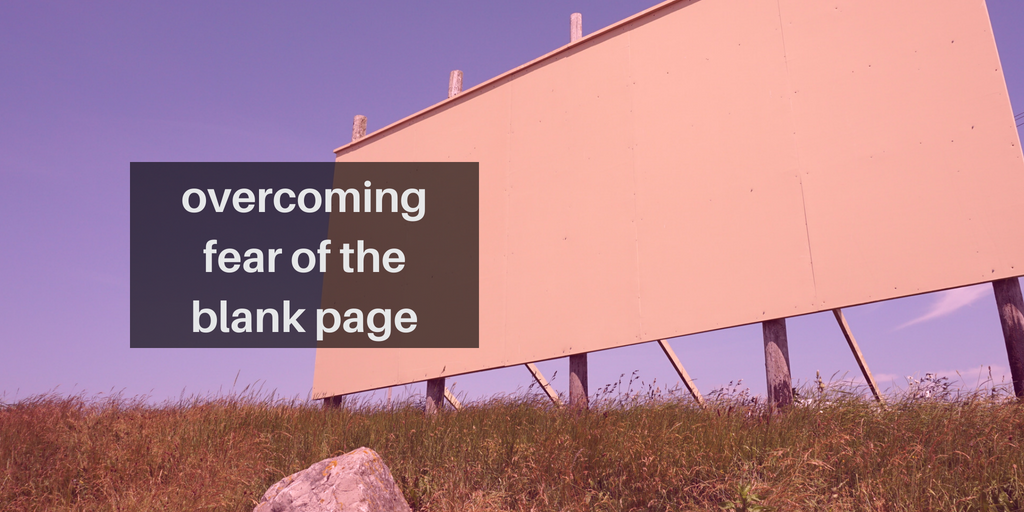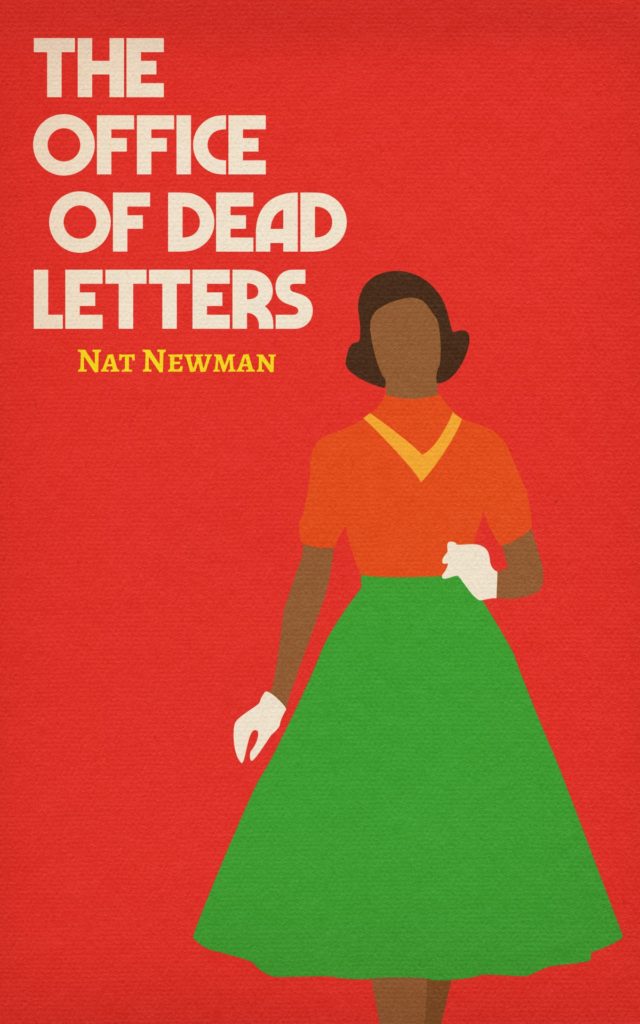I smashed through this book in just one Sunday afternoon and two days of commuting. It really is the shortest little history of Europe you’re likely to encounter.
Chinese civilisation was for a long period more advanced than European. From China, Europe acquired printing, paper-making, the compass, gunpowder and locks for canals. Yet it was in Europe that steady economic growth first occurred and then the Industrial Revolution. And it was in Europe that representative government and individual rights, those other hallmarks of modernity, first developed. What is it about Europe?
The Shortest History of Europe, by Australian historian John Hirst, is a fantastic little volume and it takes a rather different approach to history. Hirst says he is indebted to Professor Patricia Crone, whose book chapter ‘The Oddity of Europe’ describes the whole history of Europe in 30 pages. And the first two chapters of Hirst’s book give an extraordinarily complete overview of European history (up to the 19th century).
The following six chapters explore specific themes over the whole period: invasions and conquests, forms of government I & II, emperors and popes, languages and the common people.
The first two chapters – the shortest history, the broad overview – are especially well-written, informative, engaging and comprehensive. If you need only a cursory understanding of European history then you’d do well to read just these. They will give you sufficient background to then delve into specific areas of interest or periods of time. I found the ‘longer history’ chapters less compelling – obviously with such a short space, Hirst couldn’t let too many facts get in the way of a streamlined narrative. I majored in European history, so of course I’m too post-modern to take too many of his statements at face value. But, all in all, I think this is a great, simple introduction to a very complex history.
This may be the Asian century, but the ideas of democracy, free trade, scientific theory, nationalism, individual rights, reason – these came out of European thought and European history, and we’d all do well explore that history a little. Read it on the train on your way to work tomorrow.



